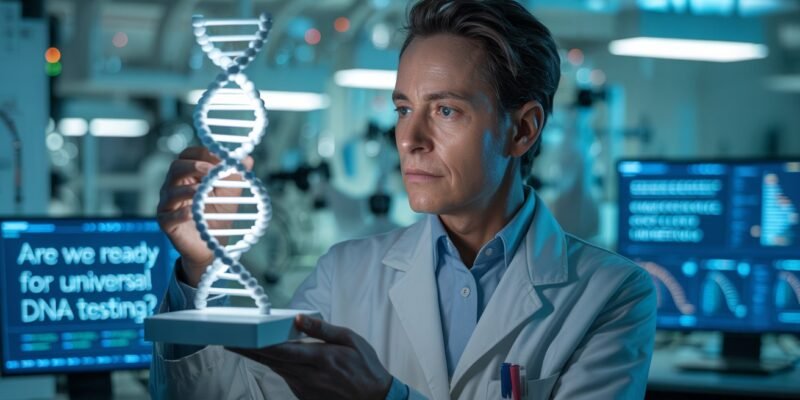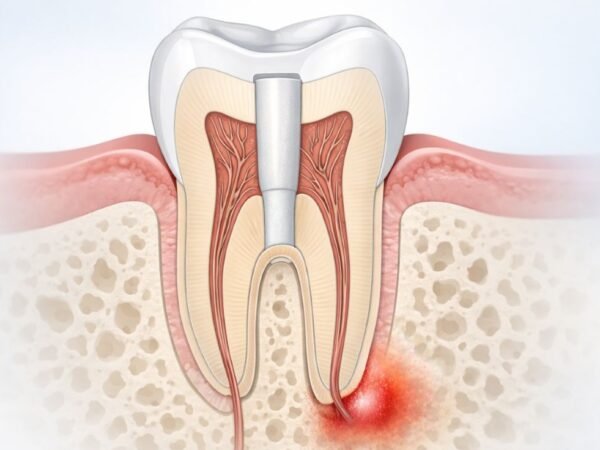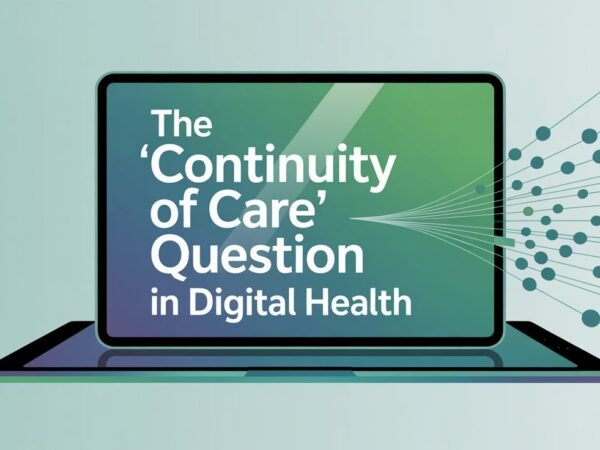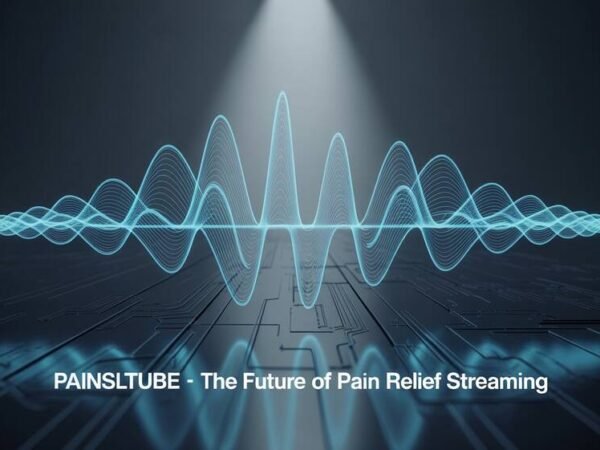The rapid advancement in technology has ushered in an era where science fiction concepts are becoming reality. One of these revolutionary advancements is DNA testing. Imagine a world where every individual’s genetic blueprint could be accessed with ease, potentially unlocking secrets about our health, ancestry, and even our future. But are we, as a society, truly prepared for the implications of universal DNA testing?
Understanding DNA Testing
DNA testing, at its core, is the process of analyzing a person’s genetic code. This code, a unique sequence of nucleotides, contains all the information needed to build and maintain an organism. The potential applications of DNA testing are vast. From predicting genetic disorders to tracing ancestry, the power of DNA is undeniable. But with great power comes great responsibility.
The Call for Universal Testing
Imagine receiving a call, a simple buzz on your phone, carrying with it the weight of life-altering information. On the other end, a genetic counselor informs you of a predisposition to a certain disease, something you would have never known without DNA testing. Would you be grateful for the early warning, or would you wish you remained in blissful ignorance?
The call for universal DNA testing is gaining momentum. Proponents argue that it could lead to significant advancements in personalized medicine. Tailoring medical treatments to an individual’s genetic makeup could increase efficacy and reduce side effects. Moreover, early detection of genetic predispositions might allow for preventive measures, potentially saving countless lives.
Ethical and Privacy Concerns
However, the road to universal DNA testing is fraught with ethical dilemmas and privacy concerns. Imagine your genetic data falling into the wrong hands. The prospect of genetic discrimination looms large, with fears that employers or insurance companies could use this information against you. The question of consent becomes paramount—should we have the right to opt-out of such testing, or should it be a societal obligation for the greater good?
Advice from ethicists suggests that a robust legal framework is essential to protect individuals’ genetic data. The need for transparent policies and stringent regulations cannot be overemphasized. Without these safeguards, the dream of universal DNA testing could quickly spiral into a nightmare.
Impact on Relationships and Identity
Universal DNA testing could also redefine our understanding of identity and relationships. Consider the anecdote of a family who, upon receiving dna testing results, discovered a long-lost relative. The joyous reunion was heartwarming, yet it also stirred questions about family secrets and hidden pasts.
For some, learning about unknown relatives or unexpected ancestries can be a source of identity crisis. The unraveling of family narratives can be both exhilarating and unsettling. How we navigate these revelations will shape our societal norms and personal identities.
Traveling Through Time and Space
DNA testing offers a metaphorical time machine, allowing us to travel through our ancestral history. It can connect us to places and cultures we never knew were part of our heritage. Imagine planning travels to distant lands, driven by the desire to walk the grounds where your ancestors once tread.
This connection to the past can foster a deeper appreciation of our diverse roots, promoting empathy and understanding across cultures. However, it also raises questions about the authenticity of cultural identity. Are we defined by our genes, or is our identity shaped more by the experiences and environments we encounter?
The Need for Public Education
As we stand on the precipice of universal DNA testing, public education becomes crucial. The complexity of genetic information can be overwhelming. Without proper understanding, individuals may misinterpret results, leading to unnecessary anxiety or false reassurance.
Educational programs should aim to demystify DNA testing, empowering individuals to make informed decisions about their genetic data. By fostering a well-informed public, we can better navigate the ethical and social challenges that accompany widespread genetic testing.
The Future of Universal DNA Testing
The potential benefits of universal DNA testing are undeniable, yet the path forward requires careful consideration of ethical, legal, and social implications. The conversation around genetic testing is not just about science; it’s about humanity, identity, and the future we wish to build.
As we ponder the readiness for universal DNA testing, we must ask ourselves: Are we prepared to embrace the knowledge it brings? Will we protect the rights of individuals while harnessing the power of genetic data for the greater good?
In this rapidly advancing field, the choices we make today will echo through generations. It’s a journey we must embark upon with caution, empathy, and an unwavering commitment to the values that define us as a society. Whether we are indeed ready for universal DNA testing remains a question for us all, but one thing is clear: the conversation has only just begun.
Do Read: Dentist Talks About the Top 5 Foods That Sabotage Whitening Results













